Aida Daily: NASA's SpaceX Safety Concerns / MIT's Causality Algorithm / Shenzhou-18's Return
Aida Daily
Greetings, stargazers and market mavens! NASA and SpaceX face a cosmic conundrum over astronaut safety, while MIT’s causal crackerjack SURD untangles the universe's mysteries. Plus, China’s space ambitions soar, and Voyager 1 reconnects from the cosmic edge. Meanwhile, AI titans Nvidia and Alphabet are poised for astronomical growth, and The Trade Desk’s ad-tech triumph promises to dazzle investors. Dive into this galactic grab bag of stories!
NASA Presses SpaceX on Safety After Crew-8 Hospitalization
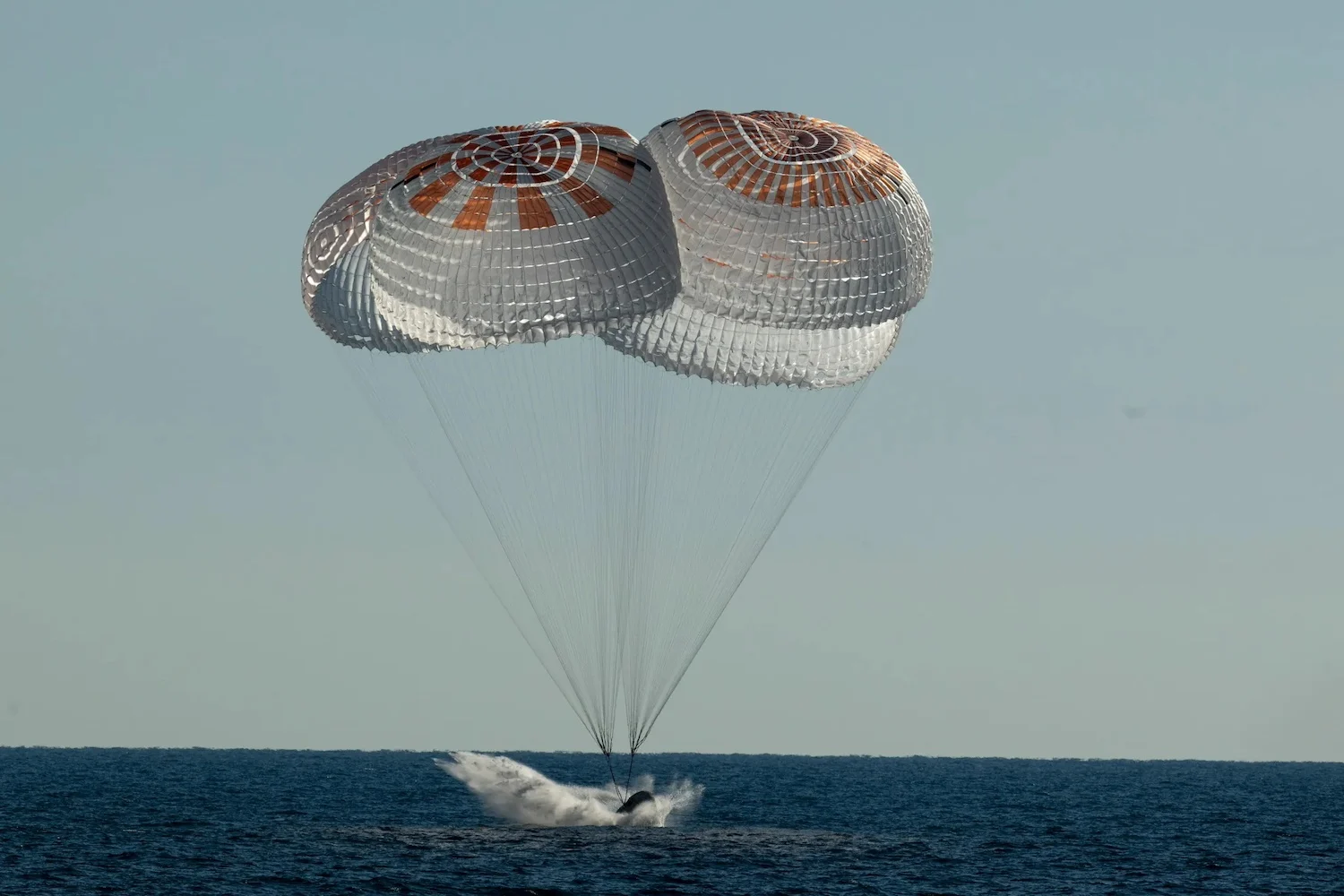
On Nov 4, NASA's safety panel flagged concerns after four Crew-8 astronauts—Matthew Dominick, Michael Barratt, Jeanette Epps, and Alexander Grebenkin—were hospitalized post-235-day Dragon mission launched March 3. Extended due to technical hitches and Hurricane Milton, the mission saw Falcon 9 issues, raising fears rapid launches compromise safety. Former astronaut Kent Rominger urged NASA and SpaceX to prioritize thorough safety protocols over launch cadence. As ISS returns to seven-member crews, maintaining trust is key.
MIT's SURD: Cracking Complex Causality with Style
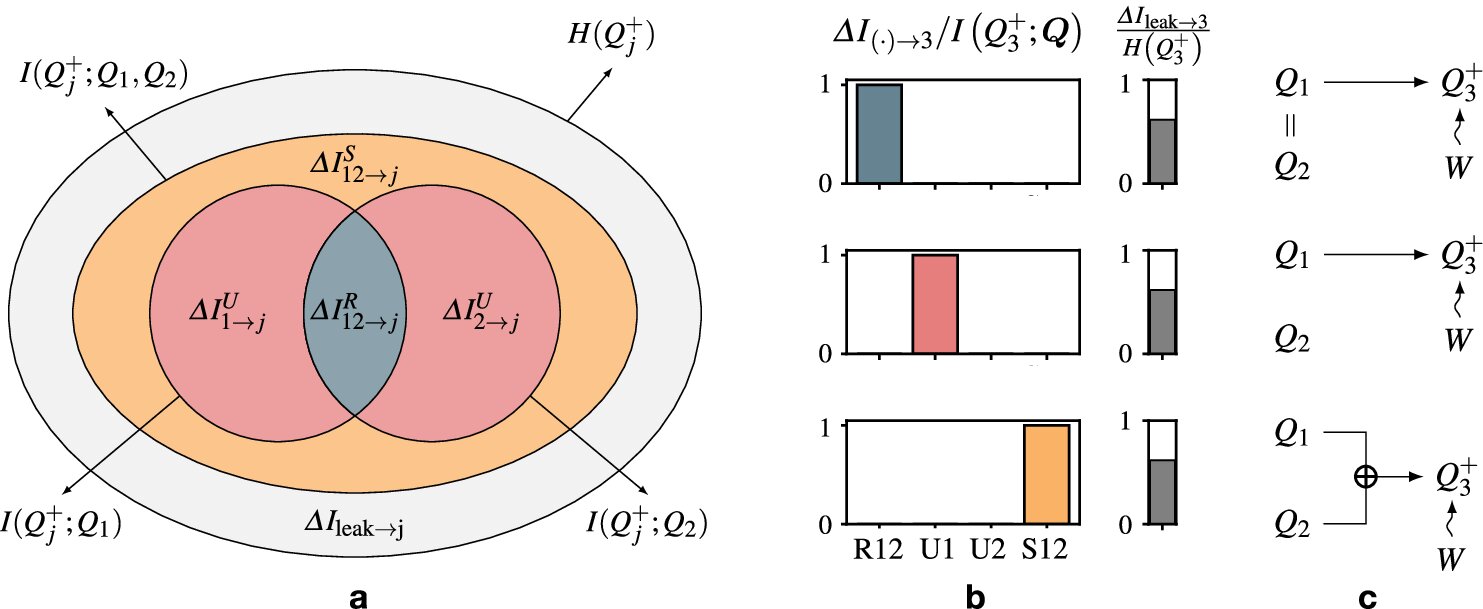
MIT researchers have introduced SURD (Synergistic-Unique-Redundant Decomposition), a novel algorithm set to revolutionize how we decipher cause and effect in tangled systems like climate and aerospace. By teasing apart unique, redundant, and synergistic factors, SURD prevents causal mix-ups and uncovers hidden links. Successfully tested on 16 complex scenarios and backed by NSF and MIT's SuperCloud, this tool is poised to enhance everything from eco-friendly aircraft designs to understanding brain functions. Who knew math could be this insightful?
Shenzhou-18 Astronauts Touch Down, Passing the Tiangong Torch
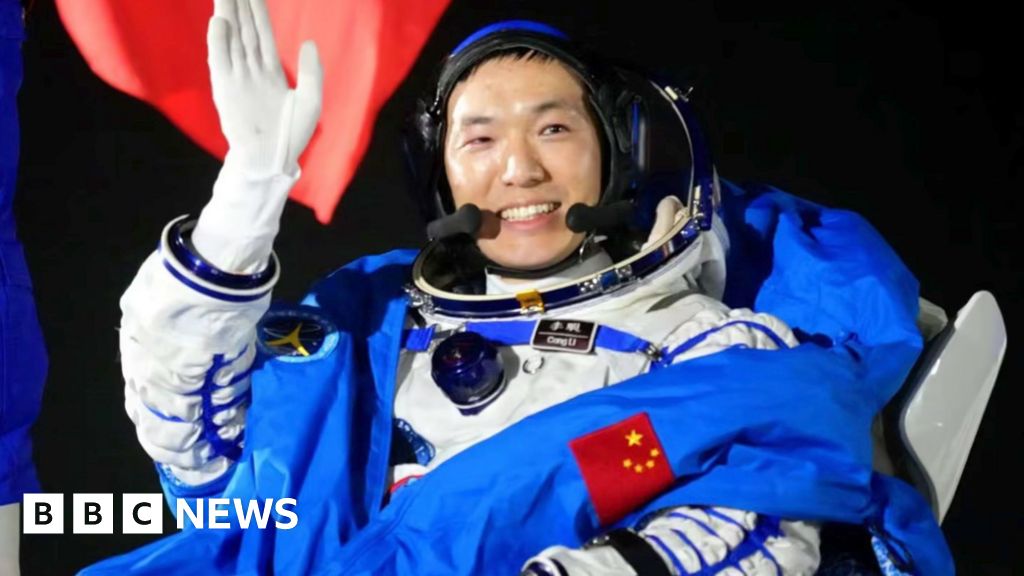
China's Shenzhou-18 trio—Ye Guangfu, Li Cong, and Li Guangsu—landed safely today at Dongfeng near Jiuquan Spaceport at 1:00 a.m. Beijing time, wrapping up their six-month stint on the Tiangong space station that began April 25, with a fiery re-entry drama. Ye Guangfu sets a new Chinese space record with 374 days orbiting Earth.
The handover to Shenzhou-19, arriving on October 30 and led by Senior Colonel Cai Xuzhe, includes China's youngest astronauts and a female engineer, signaling moon-bound ambitions by 2030. Shenzhou-19 gears up for 86 experiments, including lunar soil brick projects—because who doesn't want to build a lunar Lego base?
Voyager 1 Reconnects After Decades in the Cosmos
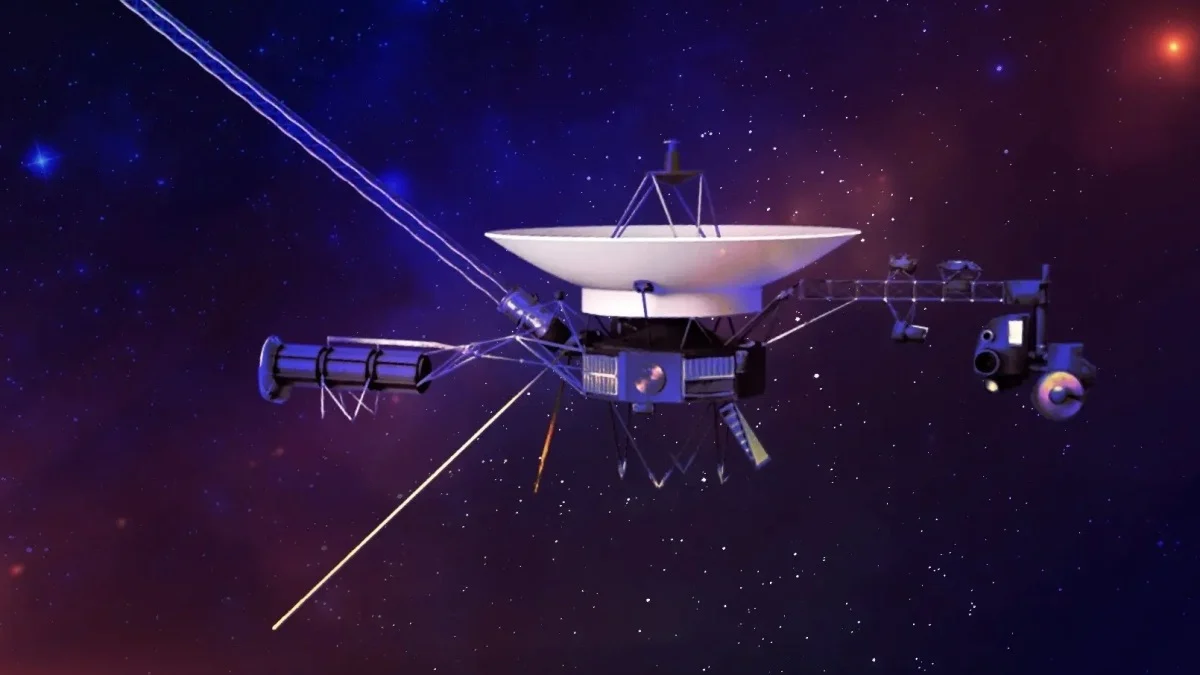
NASA's Voyager 1, launched in 1977 and now 15.4 billion miles away, reestablished communication on November 3, 2024, using a backup S-band transmitter last active in 1981. Despite dwindling power, engineers at JPL are diagnosing issues to keep the interstellar pioneer alive. Exceeding its mission lifespan, Voyager 1 continues to beam valuable data from the edge of space, humorously proving that some relationships truly stand the test of time.
Nearby Microquasar Shatters Gamma Ray Records

Astronomers have spotlighted V4641 Sagittarii, a microquasar nestled just 20,000 light-years away in Sagittarius, blazing gamma rays up to 200 teraelectronvolts. This six-sun-mass black hole is rewriting the rulebook, showing that intense radiation isn't exclusive to distant supermassive giants. This stellar revelation not only deepens our cosmic insights but also provides a nearer, faster playground for studying high-energy phenomena. Who knew our celestial neighbors had such fireworks?
Kennedy Poised for Health Power Play in Trump’s Re-Election

If Donald Trump clinches a second term, Robert F. Kennedy Jr. is set to lead the controversial 'Make America Healthy Again' initiative, targeting reforms in the USDA, FDA, and CDC. Endorsed by Trump after suspending his presidential bid, Kennedy’s vaccine skepticism has sparked fierce criticism from Democrats, including Kamala Harris, who labels him unfit for healthcare leadership. Experts worry his policies may undermine public health, highlighting the 2024 election’s tense debate over science and leadership.
Nvidia & Alphabet Set to Soar in AI-Driven Markets by 2030

Analysts predict Nvidia and Alphabet will skyrocket by 200% and 190% by 2030. Nvidia, with a $2.8T market cap, reported a 122% revenue jump in Q2 FY25 and commands 98% of data center GPU shipments. Alphabet, achieving a $98B operating income, is enhancing AI in Google Search, YouTube, and Waymo autonomous driving, eyeing a $500 stock price. These AI titans promise growth, keeping investors both excited and cautious.
Nvidia Eyes Big Bet on Musk’s xAI

Nvidia is in talks to invest in Elon Musk’s xAI, targeting a January 2024 funding round that could boost xAI’s valuation from $40B to $75B. Despite analysts saying competitors will keep buying Nvidia chips, the deal seems on track. xAI recently raised $6B and launched the Colossus 100k H100 training cluster, touted by Musk as the world’s most powerful AI system. Meanwhile, innovations like Liquid AI’s 'liquid neural networks' are making AI more accessible and affordable for businesses.
AI-Powered Surge: The Trade Desk's 69% Stock Rise
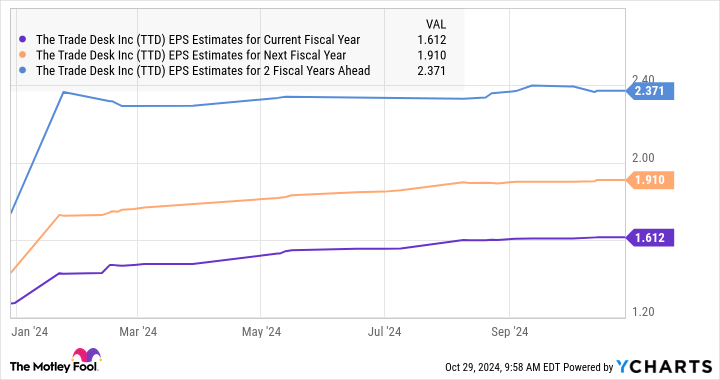
In 2024, The Trade Desk’s stock surged 69%, driven by its AI-infused Kokai platform that slashed ad costs by up to 36%. With Q3 earnings slated for Nov 7, the company expects a 25% revenue jump to $618M. Boasting partnerships with Netflix, Disney, and Roku, and a stellar 95%+ customer retention, analysts like Wells Fargo are bullish with a $150 price target. Eyeing a $1T market, The Trade Desk blends smart tech with savvy growth strategies.
Naujienlaiškis „Aida Daily“
Your AI-curated daily news briefing, spotlighting the latest in technology and global development. Stay informed with insights that matter.